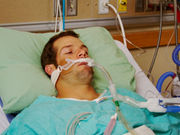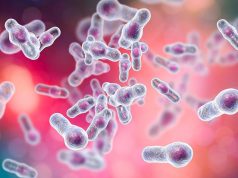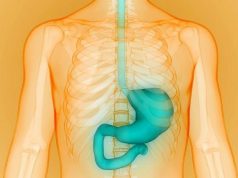Increased levels of harmful bacteria boost the risk for hospital-acquired infections, researchers say
THURSDAY, Sept. 1, 2016 (HealthDay News) — Dysbiosis from unexpected environmental sources is seen within days after intensive care unit (ICU) admission, according to a study published online Aug. 31 in mSphere.
The investigators analyzed fecal, oral, and skin samples from 115 ICU patients at four hospitals in the United States and Canada. Measurements were taken 48 hours after admission and after either 10 days in the ICU or leaving the hospital.
Compared with healthy people, the ICU patients had lower levels of helpful bacteria and higher levels of potentially harmful bacteria, the researchers found, making patients more susceptible to hospital-acquired infections.
The researchers noted that they were surprised by how quickly gut bacteria populations changed in some ICU patients. “We saw the rapid rise of organisms clearly associated with disease. In some cases, those organisms became 95 percent of the entire gut flora — all made up of one pathogenic taxa — within days of admission to the ICU. That was really striking,” study leader Paul Wischmeyer, M.D., of the University of Colorado Denver School of Medicine, said in a news release from the American Society for Microbiology.
Full Text
Copyright © 2016 HealthDay. All rights reserved.








